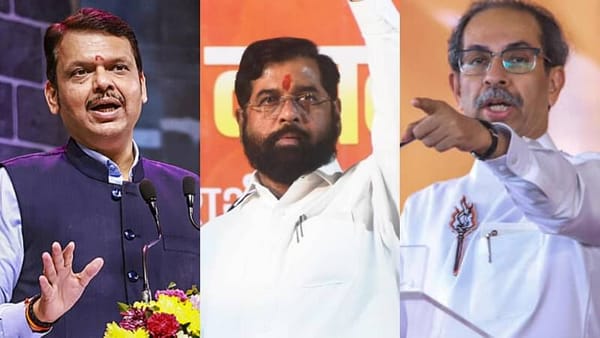Celebrating UAE National Day: A Journey Through Unity and Heritage

Introduction
Every year on December 2nd, the United Arab Emirates (UAE) marks its National Day, a momentous occasion that commemorates the union of seven emirates—Abu Dhabi, Dubai, Sharjah, Ajman, Umm Al-Quwain, Fujairah, and Ras Al Khaimah—into a single nation in 1971. This day is not only a celebration of national pride but also a reflection of the UAE's rich heritage, cultural diversity, and remarkable progress over the past five decades.
Historical Background
The formation of the UAE was the result of visionary leadership and a shared desire for unity among the emirates. Before 1971, the region was known as the Trucial States, with individual emirates maintaining varying degrees of autonomy and foreign relations. The efforts of founding fathers, notably Sheikh Zayed bin Sultan Al Nahyan, played a pivotal role in bringing the emirates together. Their vision was to create a federation that would ensure stability, prosperity, and a cohesive identity for the people of the UAE.
Significance of the Day
UAE National Day is a public holiday celebrated with great enthusiasm. It symbolizes not only the unification of the emirates but also the resilience and determination of the Emirati people. The day serves as a reminder of the remarkable achievements that have transformed the UAE into a global hub for trade, tourism, and innovation. From the towering Burj Khalifa to the vast cultural initiatives such as the Louvre Abu Dhabi, the progress is evident in every corner of the nation.
Festivities and Traditions
The celebrations begin well in advance, with cities adorned in the colors of the national flag: red, green, white, and black. Parades, fireworks, and cultural performances take place across the emirates, highlighting the UAE's traditions and modern achievements.
- Parades and Fireworks: Major cities, particularly Abu Dhabi and Dubai, host grand parades featuring floats, traditional dances, and military displays. Fireworks light up the night sky, creating a festive atmosphere that brings together families and communities.
- Cultural Events: Various cultural events are organized, showcasing Emirati music, dance, and cuisine. Heritage festivals often include poetry recitals, falconry displays, and traditional crafts, offering a glimpse into the UAE's rich cultural tapestry.
- Community Involvement: Schools, businesses, and local communities participate actively in the festivities, organizing events that promote a sense of unity and pride. It’s common to see people wearing national dress and face paint in the colors of the flag.
Reflection and Vision for the Future
National Day is also a time for reflection on the progress made and the challenges ahead. The UAE has positioned itself as a leader in various sectors, including renewable energy, technology, and tourism, all while maintaining its cultural heritage and values. The government’s Vision 2021 and subsequent initiatives aim to further enhance the quality of life for residents and citizens, emphasizing sustainability, innovation, and economic diversification.
Conclusion
UAE National Day is more than just a celebration of unification; it is a testament to the spirit of resilience, innovation, and community that defines the Emirati identity. As the nation continues to evolve and face new challenges, the values of unity and pride remain at the core of its journey. Each December 2nd, as fireworks light up the sky and families gather to celebrate, the spirit of the UAE shines brightly, reflecting a nation that is both rich in history and poised for a future full of promise.



